
Spending less isn’t always about coupons or discounts. For frugal people, it’s about questioning habits others take for granted. They find that certain “must-have” purchases don’t actually add much to their lives. Instead of following routine spending patterns, they redefine what’s necessary. That approach not only saves money but also reshapes priorities. Let’s uncover the ordinary things frugal people don’t buy and the practical thinking behind them.
Clothing
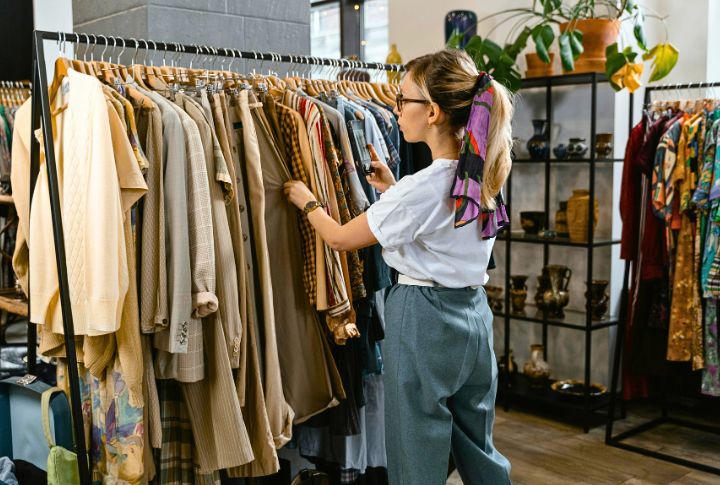
Frugal folks chart a different course in the sea of consumerism. They dodge purchasing new clothing at full price and anchor on thrift stores or hand-me-down options. Furthermore, frugal individuals steer clear of impulsive shopping and often rejuvenate their old clothes.
Pantry Items

In the world of frugality, the pantry is a strategic battleground. Pre-made or convenience items are eschewed in favor of basic staples like flour and rice. Specialty items are usually bypassed, with a focus on stretching existing supplies before restocking.
Cleaning Supplies
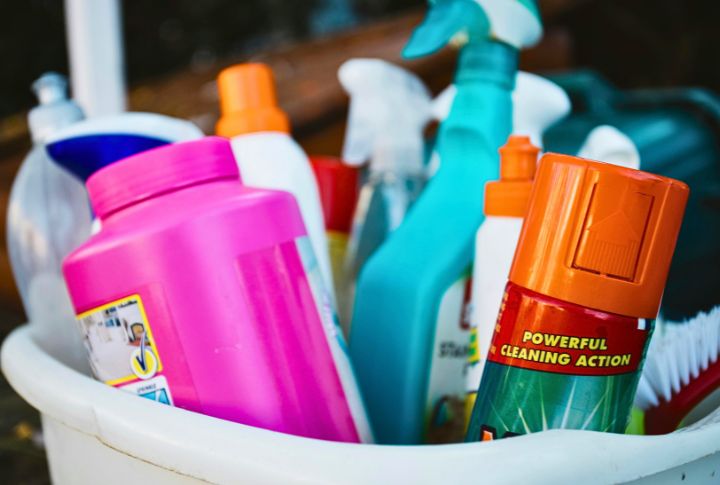
Economically-minded individuals rarely pay full price for cleaning supplies; instead, they opt for affordable substitutes. They also employ DIY methods, using bulk vinegar and baking soda as versatile cleaning agents. Yet, it’s important to note that vinegar can’t clean everything, especially natural stone or hardwood floors.
Brand-New Cars

The pull of a brand-new car is strong, but cost-conscious drivers usually walk away. They know depreciation drains thousands in the first year alone. So, by choosing reliable used cars, they sidestep that hidden loss while still enjoying dependable transportation at a much lower overall cost.
Bottled Water

Bottled water is seen as a needless luxury by frugal individuals, who prefer the nearly free alternative of tap water. They argue it’s like paying for air: something that’s already freely available. It also cites environmental concerns, since bottled water generates unnecessary plastic waste.
Haircuts
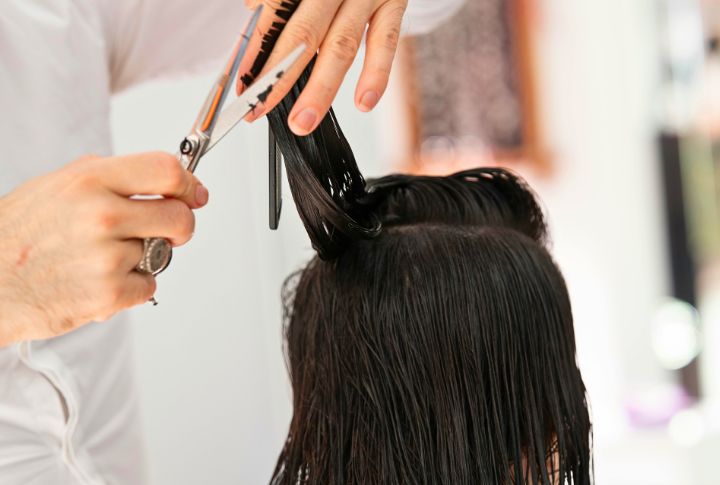
Frugal families see the art of home haircuts as a useful skill. These fellows also shun the idea of paying full price for professional services, preferring to save money by doing it themselves or seeking discounted options. Thus, they treat the cost of haircuts as a readily avoidable expense.
Books
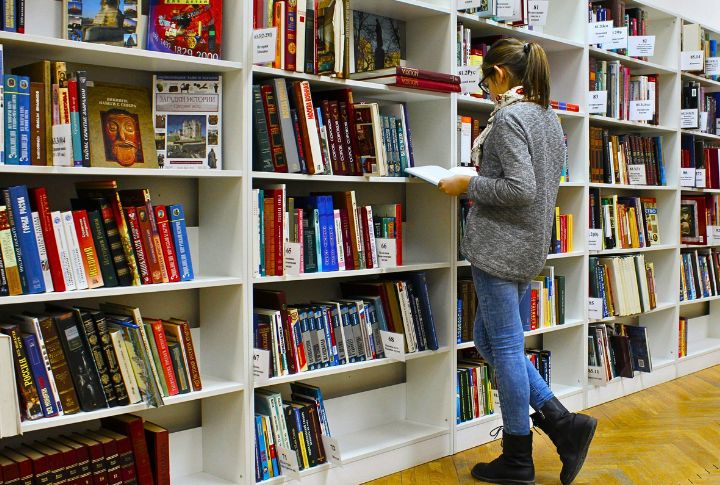
The love for reading among budget-minded folks doesn’t usually mean heading straight to the bookstore for something new. Instead, they turn to libraries, borrow from friends, or hunt through secondhand shops. And readers still find plenty to enjoy while keeping their passion affordable and wallets intact.
Supplements

Supplements are frequently sidestepped unless medically required, as they prefer to source nutrients from economical, whole foods. In fact, when dietary needs are fulfilled through food, supplements become unnecessary. A diet rich in various kinds of produce can replace the need for most vitamin supplements.
Utility Bills

Frugal folks don’t dodge utility bills. Instead, they’re masters at trimming expenses by using less energy and water, from turning off lights to promptly fixing leaks. They also gravitate towards efficient appliances, not only to conserve resources but also to keep bills low.
Furniture

The cost-saving approach to furniture often blends creativity with resourcefulness. Many people bypass brand-new items and choose secondhand or passed-down pieces. The choice cuts costs, supports sustainability, and allows older pieces to enjoy a second life in a fresh setting.
Dry-Clean-Only Clothes
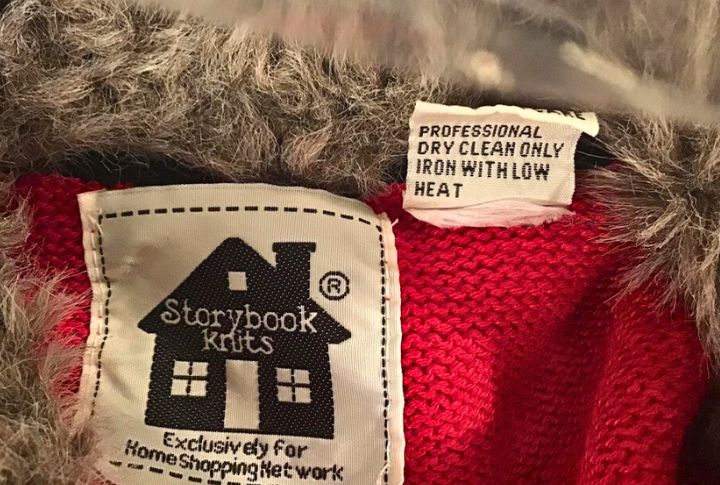
Dry-cleaning clothes isn’t on the shopping list for budget-conscious individuals. They prefer machine-washable garments, which offer both cost savings and convenience. These frugal folks are averse to the added expense and inconvenience of dry cleaning, which uses chemical solvents instead of traditional soap and water.
Beverages At Restaurants

With a “cheapskate sixth sense,” frugal people are adept at spotting unnecessary expenses. Savers rarely buy beverages at restaurants because of recognizing the significant markup compared to at-home costs. Even when ordering expensive meals, they offset the cost by opting for free water.
Big Homes

For the frugal-minded, big homes are a trap leading to higher ongoing expenses. They also steer clear of disposable cleaning wipes and new clothes at full price. Their preference is reusable clothes and thrift stores or sales. It’s not just about saving money, it’s about reducing waste too.
Household Repairs
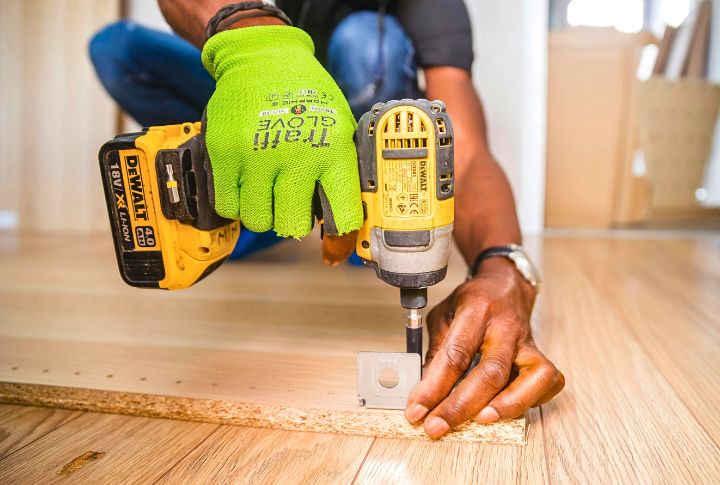
Got a leaky faucet or a squeaky door? Plenty of budget-conscious folks skip calling a handyman and grab a toolkit instead. Fixing things themselves keeps costs low, especially when you remember how much the average American already spends on car repairs each year—somewhere between $900 and $1,500.
Paper Towels
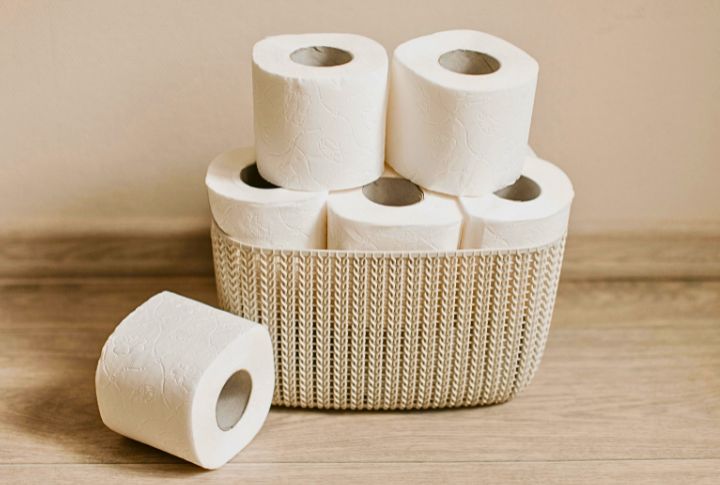
Paper towels: the so-called “must-have” that vanishes faster than socks in the dryer. Frugal folks laugh at that cycle. They cut up worn-out shirts, turn them into cleaning rags, and wipe away spills for months without touching a single paper roll. Who’s the real genius here?
Excess Pet Supplies

Frugal pet owners take a unique approach to pet supplies. They say no to extra toys, outfits, or specialty treats, instead opting for basic supplies like food and necessary health items. Homemade snacks and DIY recipes replace expensive branded treats, and toys are made from available household items.
Work Lunch
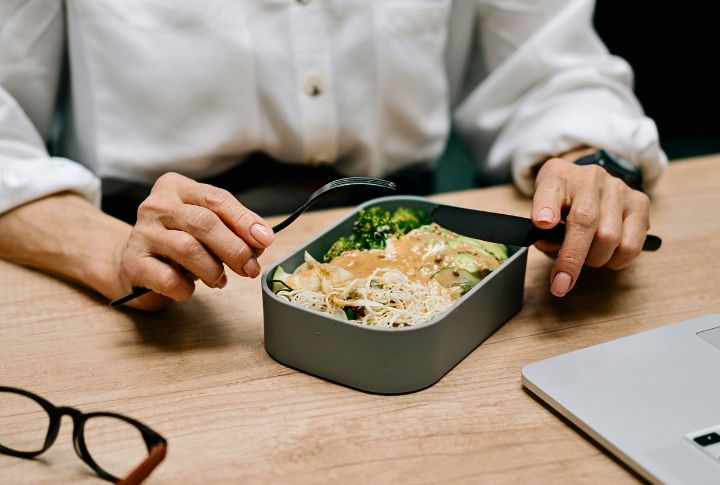
Careful spenders view eating out for lunch daily as an unnecessary expense. It’s better to go for homemade lunches, a choice that can save hundreds of dollars per year. Some even do meal prep for the entire week to avoid the temptation of buying lunch at work.
The Latest Technology
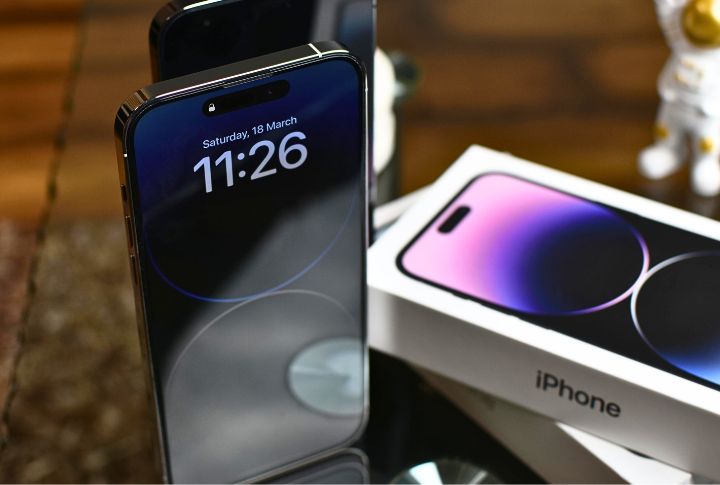
When it comes to technology, cost-conscious users usually turn to refurbished electronics rather than buying brand new. They recognize the savings without sacrificing performance. This approach also extends across devices where carefully chosen refurbished models deliver reliability and real value at a fraction of the cost.
Lottery Tickets
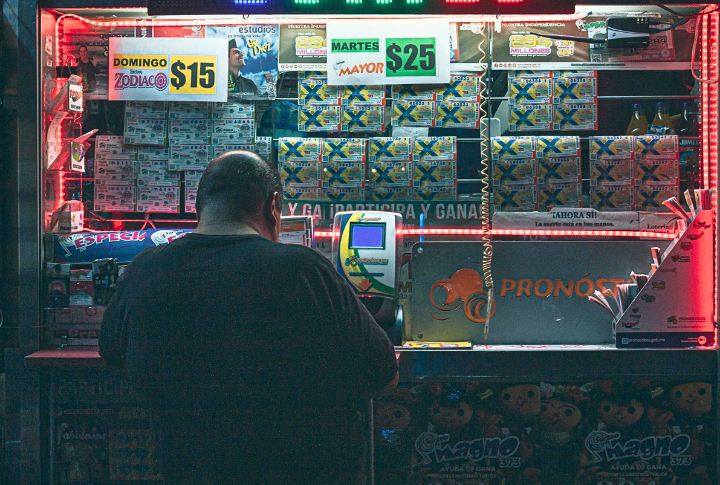
For those seeking long-term value, lottery tickets are a no-go. These tickets aren’t a basic need or everyday essential, yet a form of gambling that doesn’t build wealth and typically results in financial loss. It’s a straightforward decision to avoid wasting money on such extremely low odds of winning.
$5 Coffee

Coffee is a daily essential for many, but frugal people sidestep the cafe prices. They make their own at home to save money in the process. Plus, the cost of homemade coffee is less than 50 cents per cup. Furthermore, reusable filters are another frugality tool to employ.

